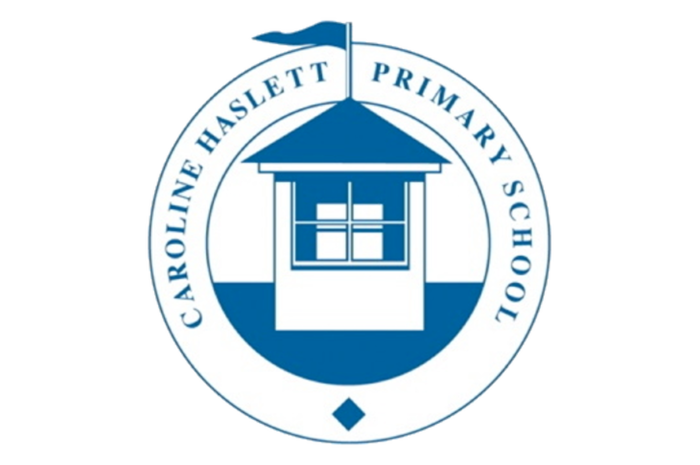Homework at Caroline Haslett Primary School
We believe that homework supports, extends and consolidates the learning covered in the classroom while supporting children to develop self-discipline, independence and the ability to take responsibility for their own learning.
We believe that homework is a valuable opportunity for children to share with their parents/carers things they have been doing at school.
Homework will focus on the following school priorities;
- Developing reading skills and fostering a love of reading.
- Developing maths skills and their application to real life situations.
- Developing writing skills.
Developing reading skills
We believe reading is a key aspect of developing a child’s learning. We value parents and carers reading with, and to, their children because it allows them to enjoy texts they might not be able to read alone, therefore improving many key skills which enable a child to access the wider curriculum.
In the Early Years Foundation Stage, children are provided with a phonics sounds book to support the development of their reading and spelling skills. As soon as the sound [phoneme] is taught in class, it is stuck into the book and the book is sent home every day for the child to practise saying/reading the phoneme and writing it [the grapheme]. As they become more confident, we encourage them to write words using those sounds with pictures to support meaning. Reading books are sent home daily for the child to share with their parent/carer. Parents/carers are asked to make a record of this in the child’s reading journal. Lists of ‘harder to read and spell’ words are regularly shared with parents/carers in order to help children learn to read these words ‘on sight’. Personalised lists are also supplied with termly written reports.
In years 1-6, children are expected to read at home with their parent/carer, a minimum of 5 times a week. Parents/carers are asked to make a record of this and sign the reading journal.
Developing writing skills
In the Early Years Foundation Stage, children are encouraged to practise writing their sounds [grapheme-phoneme correspondence] in order to develop their spelling skills.
Children in Years 1-6 are given weekly spellings to learn at home ready for a test in school.
Children in Years 3-6 are set weekly grammar and punctuation work to complete online using SPAG.com.
Developing Maths skills
In Years 1-6, children are set half-termly maths targets that are sent home to practise.
These are tested weekly.
In Years 1 and 2, children are expected to complete 5 minutes per week on NUMBOTS. The aim is to develop addition and subtraction fluency.
In Years 3-6, children are expected to complete 10 ‘garage games’ per week on TTRockstars. The aim is to develop children’s times table fluency.
Children in Years 3-6 are set weekly arithmetic and problem-solving tasks on Maths.co.uk.
There may be occasions when a class teacher may set homework to support a specific and identified need.
This will be specific, and time limited.
Equal Opportunities and Additional Needs
Homework activities will be adapted, where appropriate, to ensure the needs of pupils are best met.
Work/ projects produced by children from home are valued and celebrated through display, discussion, assemblies, galleries etc.
What will happen if children don’t complete their homework?
The expectation is that children will complete their homework. Teachers will keep records of children completing homework and these records will be checked on a regular basis.
If a child has difficulty with the work, then we would expect them to ask for support from the class teacher before the due date to ensure they are able to complete the work, or alternative work can be given. This is useful information as it informs the teacher about the independent capabilities of the child.
There may be occasions where the child will miss some playtime or lunchtime, if they have not completed homework.
Ways parents can support children’s learning at home
Parents can support their child to develop fast recall of number bonds to 10 and 20, then 100, and then tables to 12 x. By the end of Year 4, the government expects children to be able to recall all their tables.
It is also valuable to develop skills in real life contexts, so children make links with their learning:
• Cooking-measuring and weighing, calculating cooking times. Upper KS2 calculating total weight, using scales accurately.
• Money – counting, going shopping, and calculating the change, currency conversion.
• Telling the time – In KS1, o’clock, half past, quarter to and past; In Years 2-6, 5 minute and 1 minute accuracy.
• Using timetables for travel. Calculating time intervals between TV programmes, bus journeys and car journeys.
• Board games - Playing Scrabble is a great way of learning to spell but also teaches turn taking, solving problems, losing! The game ‘Articulate’ develops children’s vocabulary and speaking and listening skills.
• Card games are great for developing mental maths, independence and patience!
• Dominoes are a great way to learn number bonds.
There are many websites containing highly educational material which can have a powerful effect on children's learning.
